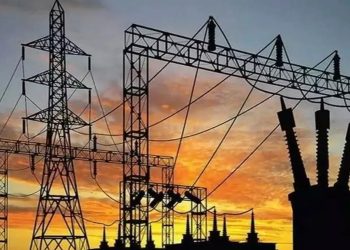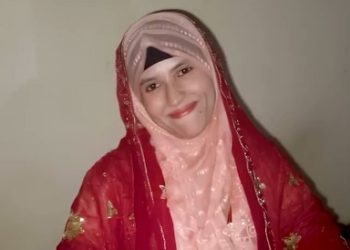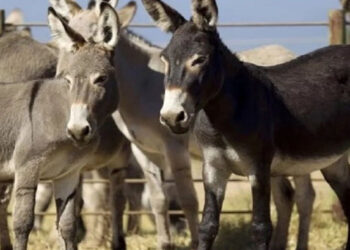Despite being the second-largest province of Pakistan Sindh province is confronted by an abundance of chronic issues including acute poverty, speedy population growth, and poor governance that have wrecked the progressive and peaceful and Sindhi society.
It is a painful reality that our politicians, bureaucrats and rulers are failed to understand that this clear fact of human resource management that without improving good governance it will not be possible to alleviate the upsetting population growth and eliminate severe poverty from the resource-rich province.
Regrettably, Interior Sindh is facing numerous issues ranging from education, rule of law, poverty, health, environment and most notably safety of poor. Every government especially the thrice-elected government of the PPP in Sindh gave hunger, illiteracy, displacement and poverty to its populace.
The highest incidence of poverty
The rural areas of the province have among the highest incidence of poverty in Pakistan-53 percent of the population in rural Sindh live below the poverty line.
According to the World Bank report, nearly six hundred thousand people enter the job market in Sindh each year as a result of the growing population and increased rural-urban migration, but only 350,000 jobs will be created, leading to soaring unemployment rates and further indebtedness.
Other development indicators are also extremely poor in rural districts. According to the National Nutrition Survey, Sindh is the most food-deprived province of Pakistan. Only 28 percent of households count as food secure while 16.8 percent of households in the province face severe hunger.
Amusingly, this political party has been in power since the 1970s and there are still no plans in the offing to uplift the rural areas, however, the announcement of Rs446 billion development package for Sindh by Prime Minister Imran Khan on Friday a little ray for the people to lessen some issues of the province.
Rs446bn development package
Prime Minister Imran Khan had announced a mega-development package worth Rs446 billion rupees for the socio-economic progress of the backward districts in Sindh.
On this occasion, the prime minister said the materialization of the package will begin within a month. It will take a month for people to see the changes.
He said the package that includes Sukkur-Hyderabad Motorway and of Nai Gaj dam will greatly benefit the people of Sindh, adding that the government will make every possible effort for the uplift of the backward areas across the country and help the people for improving living standards.
PM Imran Khan said the federal government disbursed 33 percent of the total funds among deserving families in Sindh under Ehsaas Programme during the pandemic. He said the network of the Ehsaas Programme is being extended to 12 million people.
He said the PTI government’s primary focus is to enhance the living standard of low-income people. Imran Khan lamented the condition of villages in Sindh which were deteriorating as time progressed. The PM said that he considered the people of every province, as his own people regardless of whether the PTI ruled there.
The prime minister asked the Sindh government to review its decision of cancellation of the NOC for developing Bundle Island near Karachi for the economic progress of the people of Sindh as well as other parts of the country.
Flawed political policies
What is wrong in the province and what can be prepared to undo the misery? This is not rocket science; the problem lies in flawed political and economic development policies and strategies.
The flawed and barren political engineering of the past several decades has elevated a special class of the political elite in the province.
With modest vision, they care little about innovative strategies. They are not bothered about strategies for socio-economic challenges that are exacerbated by an outdated governance, management and development model, functioning in the province.
Needed real steps beyond the announcements
Undoubtedly, the issues faced by the people in the province cannot be resolved with such a simple step even if it is the first of several more intercessions by the state to bring the frustrated natives back into the national ambit.
However, spending Rs 446 billion on Sindh is a meaningful step for the socio-economic uplift of the province, where a significant chunk of the population lives in multidimensional poverty.
The people of the province deserve various people-oriented welfare plans and social safety nets to improve community life in many aspects, such as healthcare, education, potable water, electricity, safe housing conditions, and sanitation facilities.
Finally, the federal and provincial governments should take care of the blessed province which is being shorn of its basic right and try to come up with strong institutional transformations to resolve the recurring issues faced by the people of the province.
If the federal government is really serious about solving the problems of Sindh including Karachi, then it will have to take real steps beyond the announcements of packages so that the problems of the people can be reduced and they can also say that change is not coming but change has come.





































